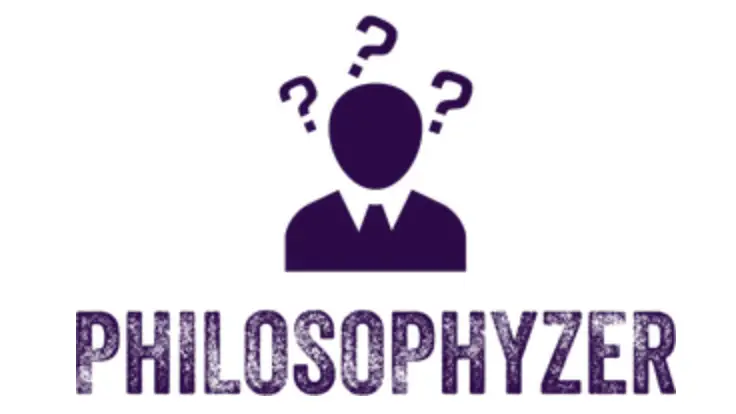What is Logical Positivism?
Logical positivism is essentially the challenge of science. During the enlightenment period, the main challenge of science presented itself to religion, with its origins in questions of logic and how we could know what was true. Logical positivism as a term was first associated with a group of empirical philosophers in Vienna in 1922.
Logical Positivism and the Vienna Circle
The original logical positivism discussion group was started by Moritz Schlick. Schlick was actually a professor of philosophy and he was eventually murdered by a student in 1936!
The discussion group was known as the Vienna Circle. The main original members of this group were M. Schlick, Rudolf Carnap, H. Feigl, P. Frank, K. Gödel, H. Hahn, V. Kraft, O. Neurath and F. Waismann.
Many members of the Vienna Circle and mathematicians and physicists who were anxious to adapt their techniques to philosophy.
They were convinced that philosophy did not progress because the traditional partners of philosophy – metaphysics and theology – way it down like the albatross on the neck of the ancient mariner!
Wittgenstein and the ‘Tractatus’
The Vienna Circle tried to draw in the young philosopher Ludwig Wittgenstein. He happened to be living in Austria at the time. In 1921, had published his great book ‘Tractatus Logico Philosophicus‘. This developed his so-called ‘picture theory’ of meaning, which explored how language could picture states of affairs in the world.
The ‘Tractatus’ became the ‘Bible’ of logical positivism.
The End of the Vienna Circle, but the start of a new Philosophy
The Vienna Circle broke up after Schlick’s murder and Hitler’s Anschluss in the late 1930s. With the rise of Nazism, many left for the United Kingdom and America. Although the group dispersed, it has created an influential movement in philosophy.
A.J. Ayer: Language, Truth and Logic
The main ideas of logical positivism were introduced to the English-speaking world by Ayer, who sat in on some of the groups discussions. As book outlining his views on logical positivism with ‘Language, Truth and Logic‘.
The language to express something real, it must refer to our picture that which it expresses. ‘Tractatus’ asserts that the existence of something must be verifiable by reference to the state of affairs in this world.
The problem, of course, was that the existence of God could not be verified within this world. Therefore logical positivism presented a greater challenge to religious belief.
In summary, something to be true, it must be able to be scientifically or empirically proven – this was logical positivism.
Do you agree with Logical Positivism?
Do you agree with the philosophical line of thought – Logical Positivism? Do you believe that everything should be empirically justified? Please leave your comments below. Criticisms of Logical Positivism are also welcome.
